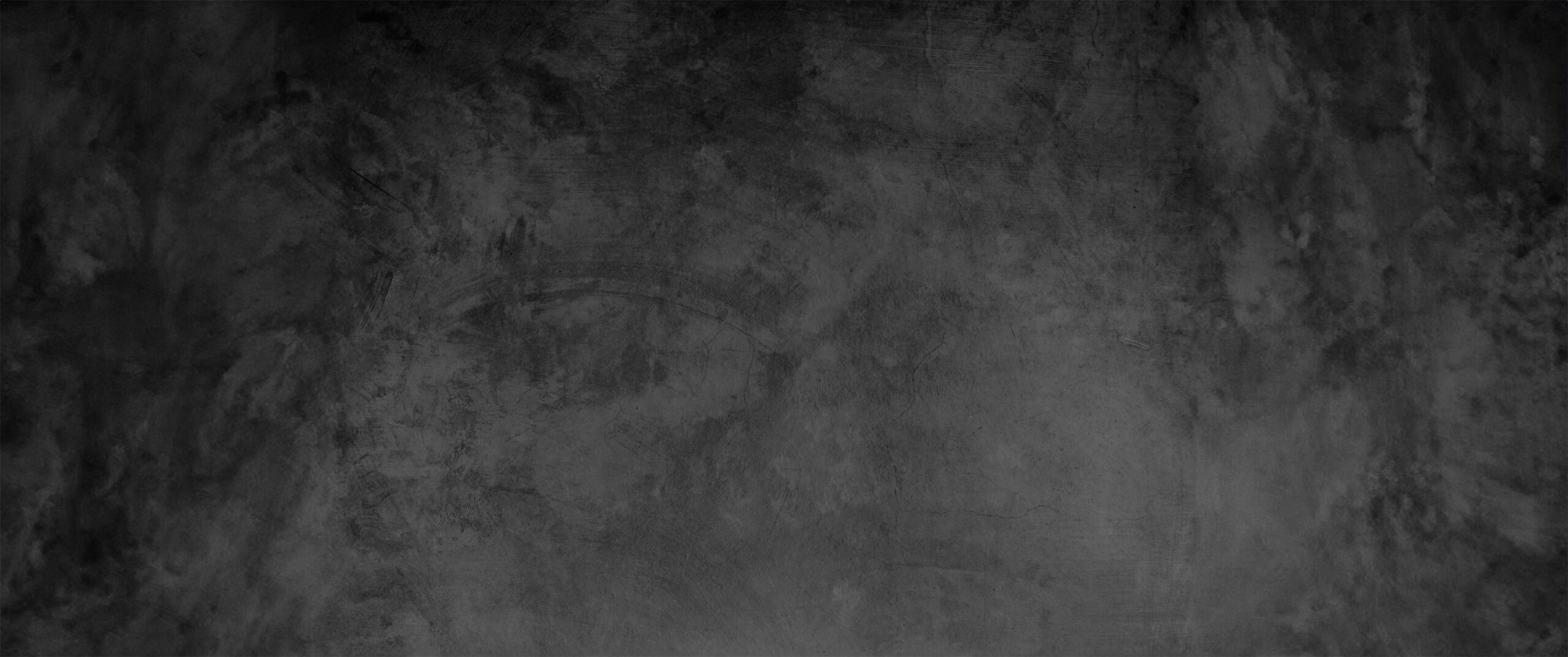
Sometimes, you are unhappy with the judge’s decision in a divorce hearing or trial. While the legal options are limited, some individuals may be able to appeal the divorce decree. Here are a few points to consider if you want to make an appeal to a higher court in New Jersey.
There are some legal options to appeal a divorce decree, but they are limited. Along with that, there are time restrictions as well. If the decision seems unfair or incorrect, it may be time to discuss your options with a divorce lawyer. The objecting party who disagrees with the decision, the spouse, may be able to file a motion for reconsideration.
In some cases, the judge can make a crucial legal mistake. If that occurred in a case and affected an individual’s rights, they may be able to have a divorce attorney file a motion for reconsideration. Either party can serve the motion on the other party within 45 days of the final judgment. Within that motion, the attorney must detail the legal mistake or misuse of the law.
However, some circumstances can cause the judge to set aside the initial 45-day rule for the motion. For example, one party might have learned about new evidence that was not presented during the initial hearing, discovered the existence of fraud, or found out the other party engaged in misconduct. Misconduct can range from hiding assets to perjuring during testimony. In most situations, there is only a one-year time limit to request to file this motion. Typically, New Jersey courts will not set aside judgments after one year. In those rare cases, the judge will have to look at whether the delay in filing the motion was reasonable.
New Jersey courts often view a default judgment more liberally than those entered after a court appearance. For example, if the court entered a default judgment against one spouse but both parties did not have a signed settlement agreement, that individual may have to provide a reason for failing to appear in court. Sometimes, the court will be willing to set aside the default judgment, giving a person a chance to present their case and evidence in court. As always, consider speaking with a family lawyer to discuss these motions.

Under a few circumstances, an individual can seek an appellate review of the hearing, trial, or motion in a divorce case. A family law attorney will have to file a notice of appeal within 45 days following entry of the final judgment.
Appeals are often costly. A divorce lawyer must review the files and transcripts before filing that appeal. The attorney will need to prepare the appellate brief and other court filings. In the event you lose the appeal, you might have to pay the former spouse’s attorney fees.
A divorce decree appeal is justified if the trial court:
Abuse of discretion often means that the court reached a decision that was contrary to applicable law or unsupported by legal evidence. If any of the circumstances in the case conflict, the trial court must decide which version is correct. When there is believable support for the trial court’s decisions, an appellate court often will not change that ruling.
If any of those above circumstances affect the formal result of the divorce decree, the appellate court could reverse the court’s decision or request further action from the court. In some cases, that can include conducting a hearing on a specific issue or making an additional finding of fact.
Generally, courts will allow an appeal only after the judgment or decree has been finalized. In an emergency situation, one spouse can file a motion to ask the court to hear an ongoing case, known as an interlocutory appeal. With that, the request is filed if irreparable harm is likely with a delayed appeal.
Sometimes, the right to these appeals is automatic. For example, a divorce attorney can appeal a final decision on a child custody judgment, regardless of their client’s case status. Many times, a court granting these appeals will issue a “stay” of the trial until the request has been heard.
Motions and appeals for reconsideration in a divorce decree differ from a motion for modification. Some parts of the divorce judgment will remain open to modification if circumstances change after the original decision. Some of these aspects include child support orders, child custody agreements, visitation orders, and spousal support orders. Discussing your case with a family lawyer may help clarify whether you want to file a motion, appeal, or modify your divorce decree.
In the state of New Jersey, there is a specific timeline to appeal a divorce decree. Generally, you will need to appeal the final order within 45 days of the court’s entry. When is a judgment in a marriage dissolution case considered entered? These judgments and decrees are finalized when issued by the judge and filed with the clerk of the court.
Remember that the clock will start to run on the deadline from when the divorce decree is entered and not the day you receive a copy of the order. As previously mentioned, the time frame could be extended if there is a good legal cause for that delay. An experienced New Jersey family law attorney should be able to provide more information for the appeal and the timelines for appealing the court’s decision.
An individual can appeal any issue that has been determined by the lower court in their divorce case. As a matter of law, a person cannot raise an issue for the first time on appeal of the divorce judgment. For example, you cannot bring up a point that the judge did not address in the court or hearing. The judge must have decided on a specific issue, but that ruling did not follow the appropriate laws in the state.
When considering an appeal to your divorce decree, you may want to consult with a divorce attorney about your next legal options. When there is evidence of misconduct or illegal rulings, you may be able to file an appeal. At Lawrence Law, we understand family law in New Jersey, helping you determine your legal case’s next steps. If you would like to set up a consultation, call our Watchung or Red Bank offices at 908-645-1000 or visit the website.
The Super Lawyers List is issued by Thompson Reuters. A description of the selection methodology can be found here. Visit here for the selection methodology for Best Lawyers. A description of the Martindale-Hubbell AV Preeminent® status selection methodology can be found here. No aspect of this advertisement has been approved by the Supreme Court of New Jersey.
© 2024 Lawrence Law Firm.
All rights reserved | Attorney Advertising